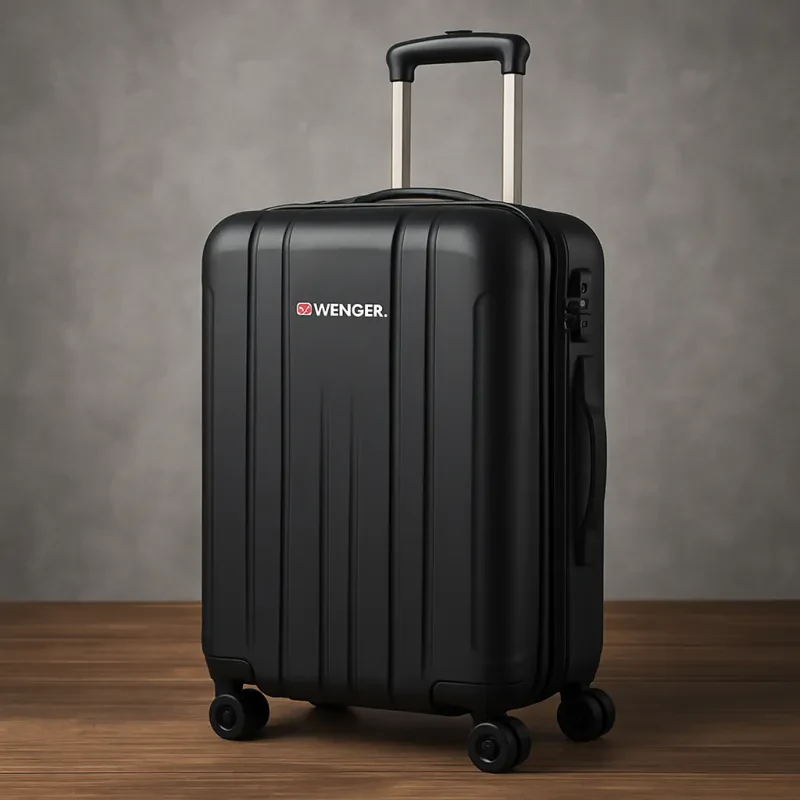In the ever-evolving world of aviation, advanced technology continues to shape the future of air travel. From cutting-edge aircraft designs to state-of-the-art navigation systems, the possibilities seem endless. One of the most exciting advancements in aviation technology is the development of supersonic aircraft. These planes are capable of reaching speeds faster than the speed of sound, drastically reducing travel time for passengers.
Another exciting advancement is the use of artificial intelligence in flight operations. AI systems can analyze vast amounts of data in real-time, helping to improve safety and efficiency in the air. These systems can also assist pilots in making split-second decisions during emergencies, potentially saving lives. Additionally, the use of drones in the aviation industry is rapidly expanding. These unmanned aerial vehicles are being used for everything from aerial photography to cargo delivery, revolutionizing the way we think about air travel.
Furthermore, advancements in materials science are leading to lighter and stronger aircraft designs, making air travel more fuel-efficient and environmentally friendly. From composite materials to 3D printing, these innovations are helping to create more sustainable solutions for the future of aviation. As technology continues to advance at a rapid pace, the possibilities for air travel seem limitless. Who knows what exciting advancements we will see next in the world of aviation.
Sustainable Practices in Air Transportation
In recent years, the issue of sustainability has become a key consideration in the field of air transportation. As the demand for air travel continues to grow, so too does the need to find ways to reduce the environmental impact of this industry. Fortunately, there are a number of sustainable practices that are being implemented to help address this challenge.
One of the most important ways that the airline industry is working to improve sustainability is by investing in new, more fuel-efficient aircraft. These modern planes are designed to consume less fuel, produce fewer emissions, and reduce noise pollution. By upgrading their fleets, airlines can significantly reduce their carbon footprint and lessen their impact on the environment.
Another important sustainable practice in air transportation is the use of alternative fuels. Biofuels, which are derived from renewable sources such as plant oils and animal fats, offer a cleaner alternative to traditional jet fuel. Many airlines have already begun using biofuels in their operations, and this trend is expected to continue as the technology becomes more widespread.
In addition to investing in new aircraft and alternative fuels, airlines are also exploring ways to improve the efficiency of their operations. This includes optimizing flight routes, reducing unnecessary weight on aircraft, and implementing more efficient ground operations. By adopting these sustainable practices, the airline industry is taking important steps towards a greener and more environmentally friendly future.
Emerging Trends in Flying Experience
In recent years, the flying experience has seen a number of exciting developments that are shaping the future of air travel. From technological advancements to changes in passenger expectations, the industry is evolving rapidly.
One emerging trend in flying experience is the rise of biometric technology. Airlines are increasingly using facial recognition and fingerprint scanning to streamline the check-in process and enhance security. This technology not only speeds up the boarding process, but also provides a more seamless and personalized experience for passengers.
Another trend is the focus on sustainability. As concerns about climate change grow, airlines are investing in more fuel-efficient aircraft and exploring alternative fuels. Additionally, many airlines are implementing recycling programs and reducing single-use plastics on board, in an effort to minimize their environmental impact.
Key Innovations Shaping the Air Travel Industry
The air travel industry is constantly evolving, with new technologies and innovations shaping the way we fly. One key innovation that is revolutionizing air travel is the development of supersonic jets. These aircraft are capable of flying faster than the speed of sound, reducing travel time significantly. With companies like Boom Supersonic and Aerion leading the way, we can expect to see more supersonic jets in the skies in the near future.
Another major innovation in the air travel industry is the use of biofuels. As concerns about climate change and environmental impact grow, airlines are looking for ways to reduce their carbon footprint. Biofuels, which are made from renewable sources such as algae and waste materials, offer a more sustainable alternative to traditional fossil fuels. Airlines like United and Delta have already started using biofuels in their flights, with more companies expected to follow suit.
One of the most exciting developments in air travel is the introduction of autonomous aircraft. Companies like Boeing and Airbus are working on fully autonomous planes that can take off, fly, and land without human intervention. While this technology is still in the early stages of development, it has the potential to revolutionize the way we travel by making flights safer and more efficient. As these and other innovations continue to shape the air travel industry, we can look forward to a future where flying is faster, greener, and more convenient than ever before.


